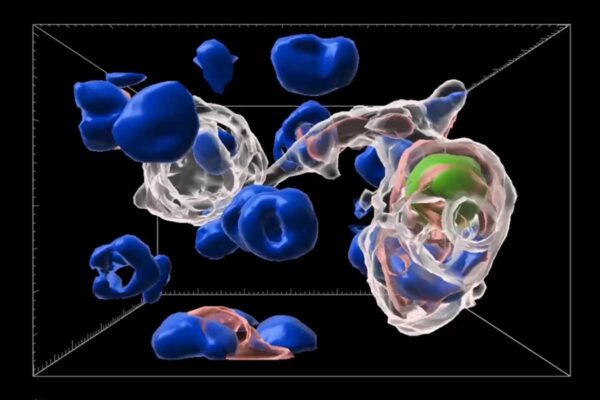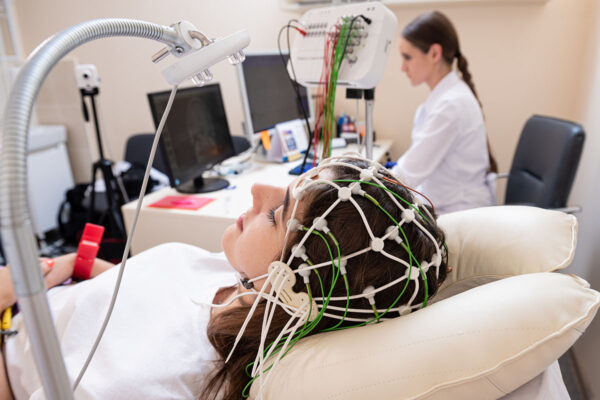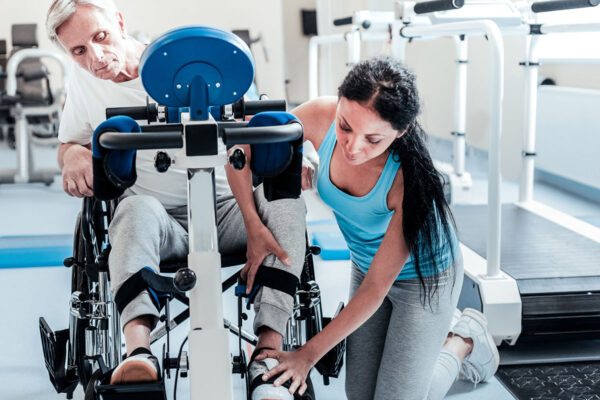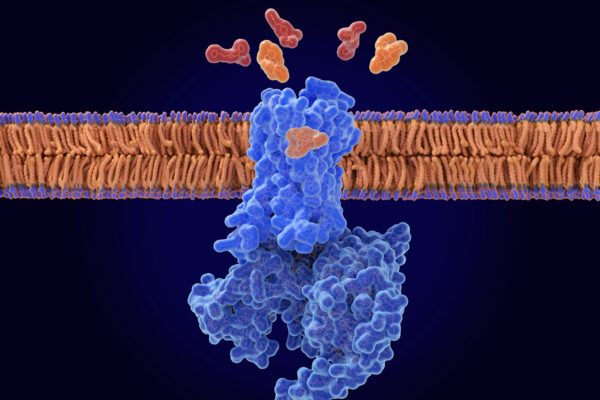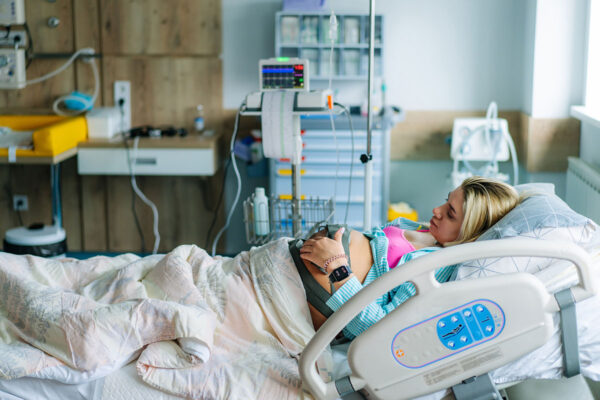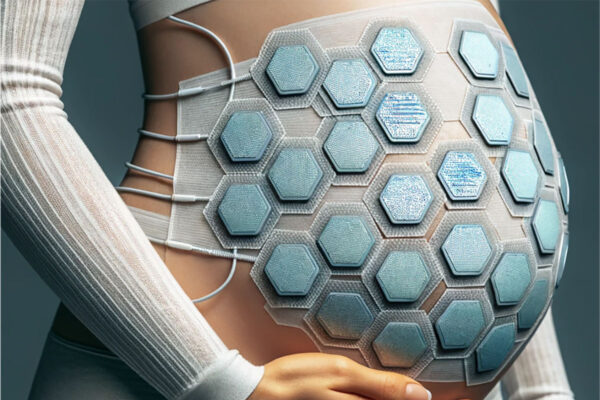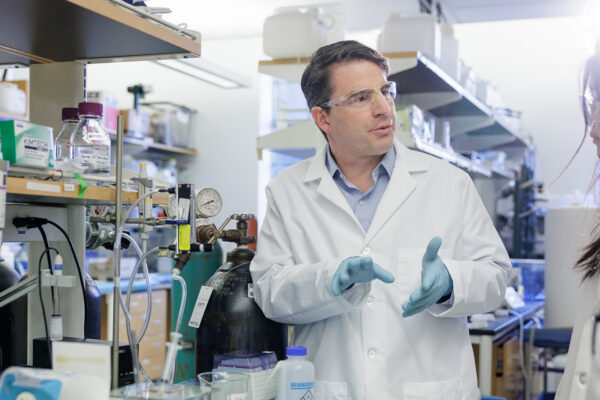Body’s garbage-collecting cells protect insulin production in pancreas
WashU Medicine researchers found that immune cells that dispose of the body’s cellular debris can protect insulin-producing cells and prevent Type 1 diabetes in mice.
Multidisciplinary team secures $3.6M grant to investigate health risks from flooding
Funding from the National Science Foundation will enable researchers across many disciplines at Washington University in St. Louis to advance ongoing research into the damaging health effects of repeated flooding in Metro East communities.
Personalized brain modeling of anesthetic effects to predict antidepressant response
Neuroscientists, clinicians and engineers at Washington University in St. Louis seek to develop personalized medicine strategies for refractory depression that would tailor drug dosage based on a patient’s age, genetics, health conditions, brain dynamics and neural circuits.
Novel technologies underway to help those with spinal cord injuries move
A multidisciplinary team of researchers at Washington University in St. Louis plans to investigate the neural mechanisms behind various controls of transcutaneous spinal cord stimulation in generating different leg movements with a five-year, nearly $3 million grant the National Institutes of Health (NIH).
Dai receives $200,000 grant from Alzheimer’s Association
A scientist at Washington University in St. Louis has received a grant from the Alzheimer’s Association to support his research investigating the electrochemistry of neurotoxic protein assemblies.
Kelly to lead Division of Maternal-Fetal Medicine & Ultrasound
Jeannie Kelly, MD, a renowned expert in the care of women with opiate use disorders during pregnancy, has been named the new director of the Division of Maternal-Fetal Medicine & Ultrasound in the Department of Obstetrics & Gynecology at WashU Medicine.
$5 million funds innovation of more-potent opioid overdose antidote
WashU Medicine researchers received a grant from the National Institutes of Health (NIH) that will help speed development of an enhanced version of naloxone, known by the brand name Narcan.
Tracking deadly and unpredictable postpartum hemorrhage
Researchers at Washington University in St. Louis are developing a wearable device that aims to track blood loss in pregnant women during delivery, with support from a $2.8 million grant from the National Institutes of Health (NIH). The device aids in early warning signs for postpartum hemorrhage, a birth complication that is the leading cause of maternal death worldwide.
Wearable imaging system could provide insight into preterm birth
A team of researchers at Washington University in St. Louis is developing an at-home wearable device that would monitor electrical and mechanical signals in the uterus during pregnancy and labor, with a four-year $920,769 grant from the National Institutes of Health (NIH).
WashU’s Trusted Tap will empower households to monitor water quality
Researchers at Washington University in St. Louis will empower people to monitor their own tap water with a project funded through the National Science Foundation.
Older Stories
